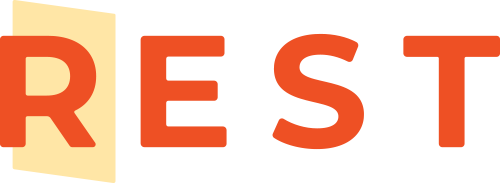Looking to the future
“What do we need to do to eliminate sex trafficking in King County by 2040?”
This is the question the REST staff and board are currently percolating on. We intend to continue to provide a holistic continuum of care for victims and survivors of the sex trade as long as the problem exists—but what would it look like to eradicate the systems of harm that perpetuate the idea that people, created in the image of a beautiful Creator, can be bought and sold? And what is REST’s role in that?
It’s a lofty question—but as we work on our long-term strategic planning for the organization, that is the lens we’re approaching it from.
If you want to get involved with helping us answer that question, you can visit iwantrest.com to learn more ways you can contribute.
TIRA™ – Trafficking Interruption ResourCe Agent
In the early days of REST, we knew that when someone said they wanted to get away from their trafficker or get out of the sex trade time was of the essence. Our motto back then was to “do whatever it takes” to connect survivors to the resources they need. When we found that the resources weren’t working or didn’t exist, then we committed to building them.
As long as anti-trafficking organizations have existed, the process of getting to safety and connecting with resources has meant that survivors of trafficking and their advocates must place dozens of calls and emails to various programs, often only to learn that a program is no longer active, they don’t have any openings, don’t serve a certain age group, or can’t meet specific needs. This current model for connecting survivors to resources can take days—even weeks—and the longer someone has to wait, the less likely they are to believe that change is possible.
We must do better—and that’s why two years ago we asked service providers what they would need in order to provide real-time updates on the availability of their services and we asked survivors what they would need out of a platform to connect them to those services. Since then, REST has been working on a collaborative project with the National Trafficking Sheltered Alliance, Boston University’s SPARK! program, the University of Washington’s Impact++ program, and volunteers from Microsoft Hackathon to create a platform to increase access to services for victims and survivors of human trafficking.
TIRA™ will provide a safe, trauma-sensitive, and confidential way for victims of trafficking to find options for services that have current openings and match their self-identified needs and preferences.
TIRA™ will be launching initial testing with service providers in late 2021, and we cannot wait.


